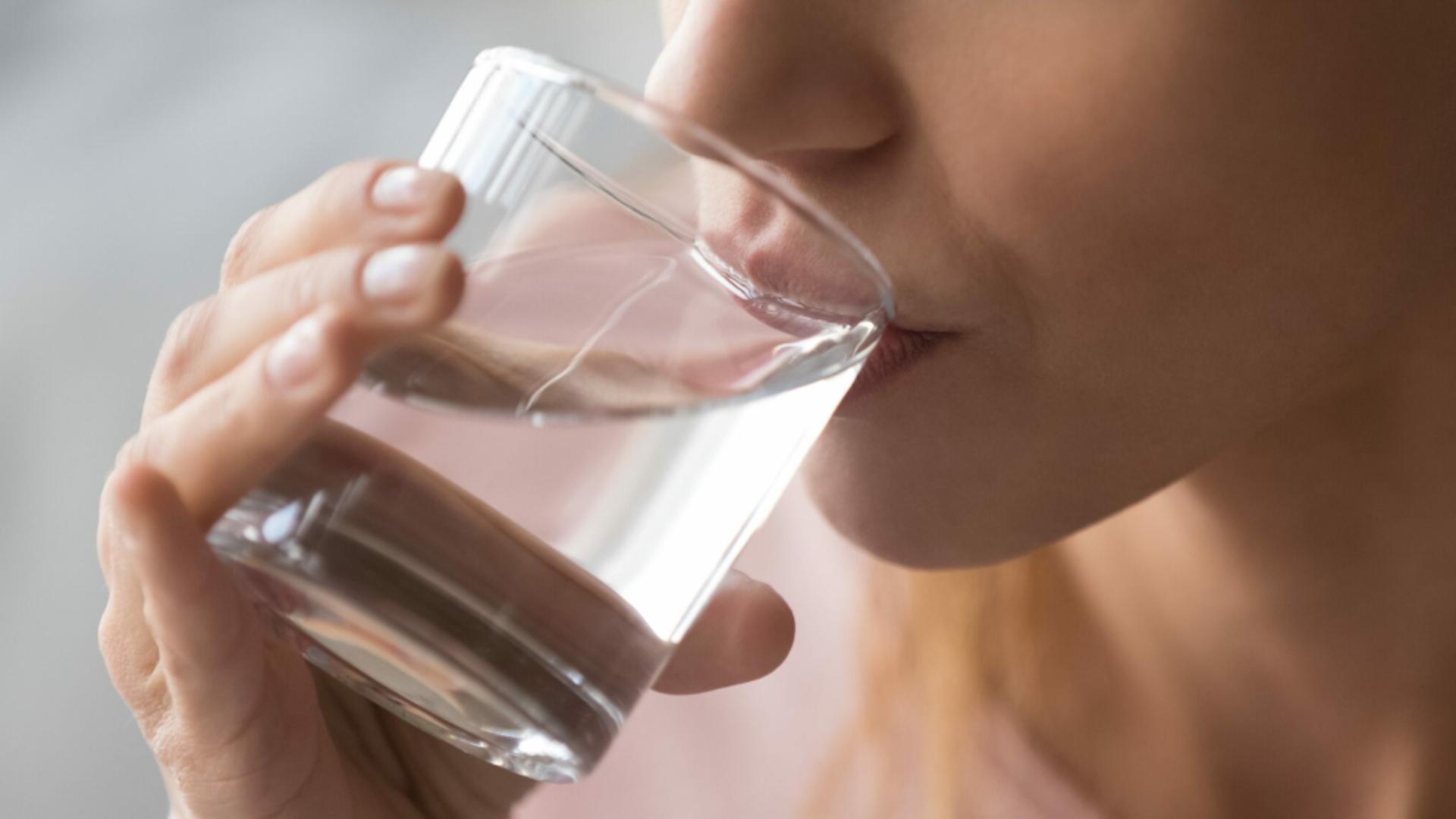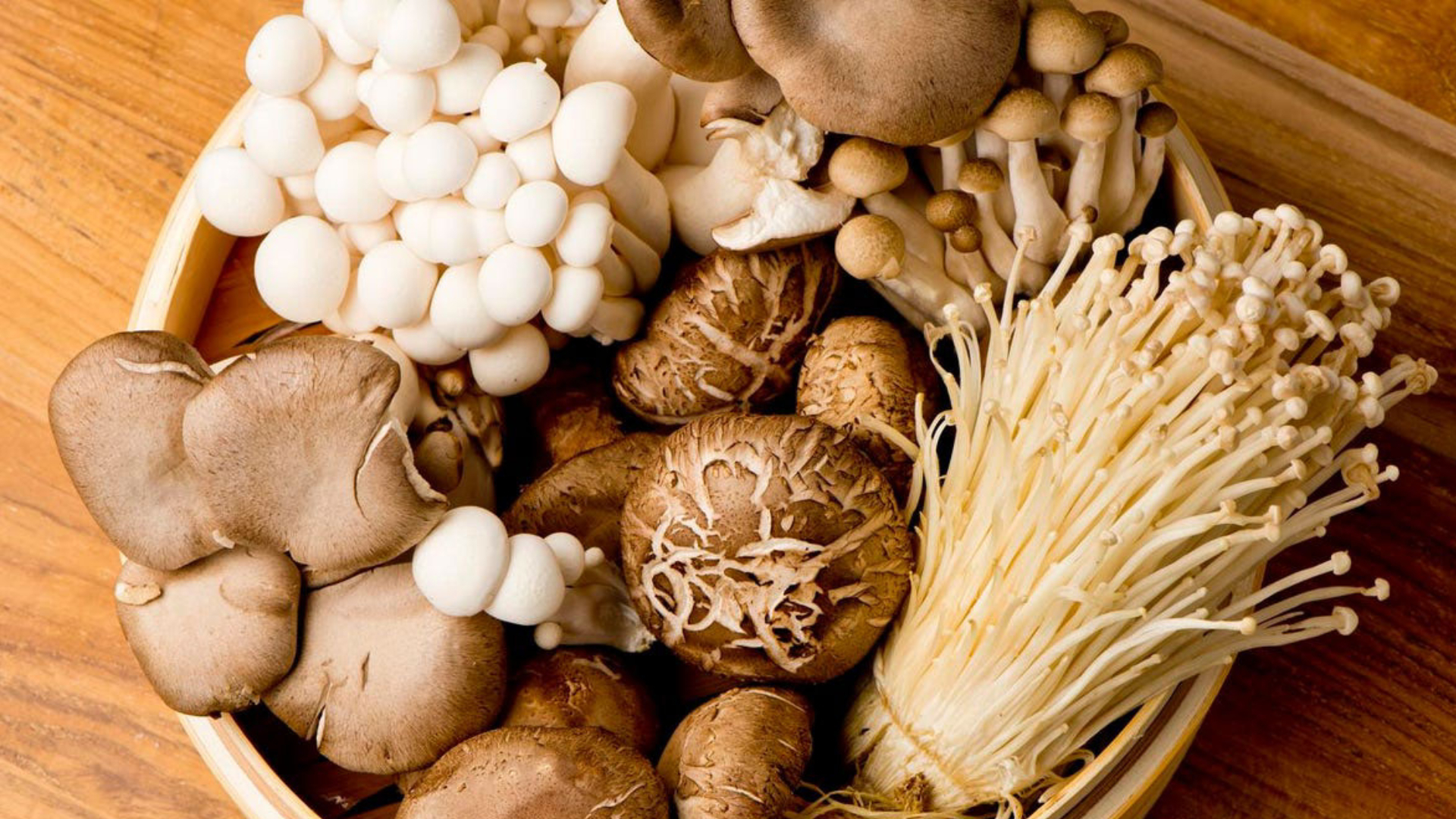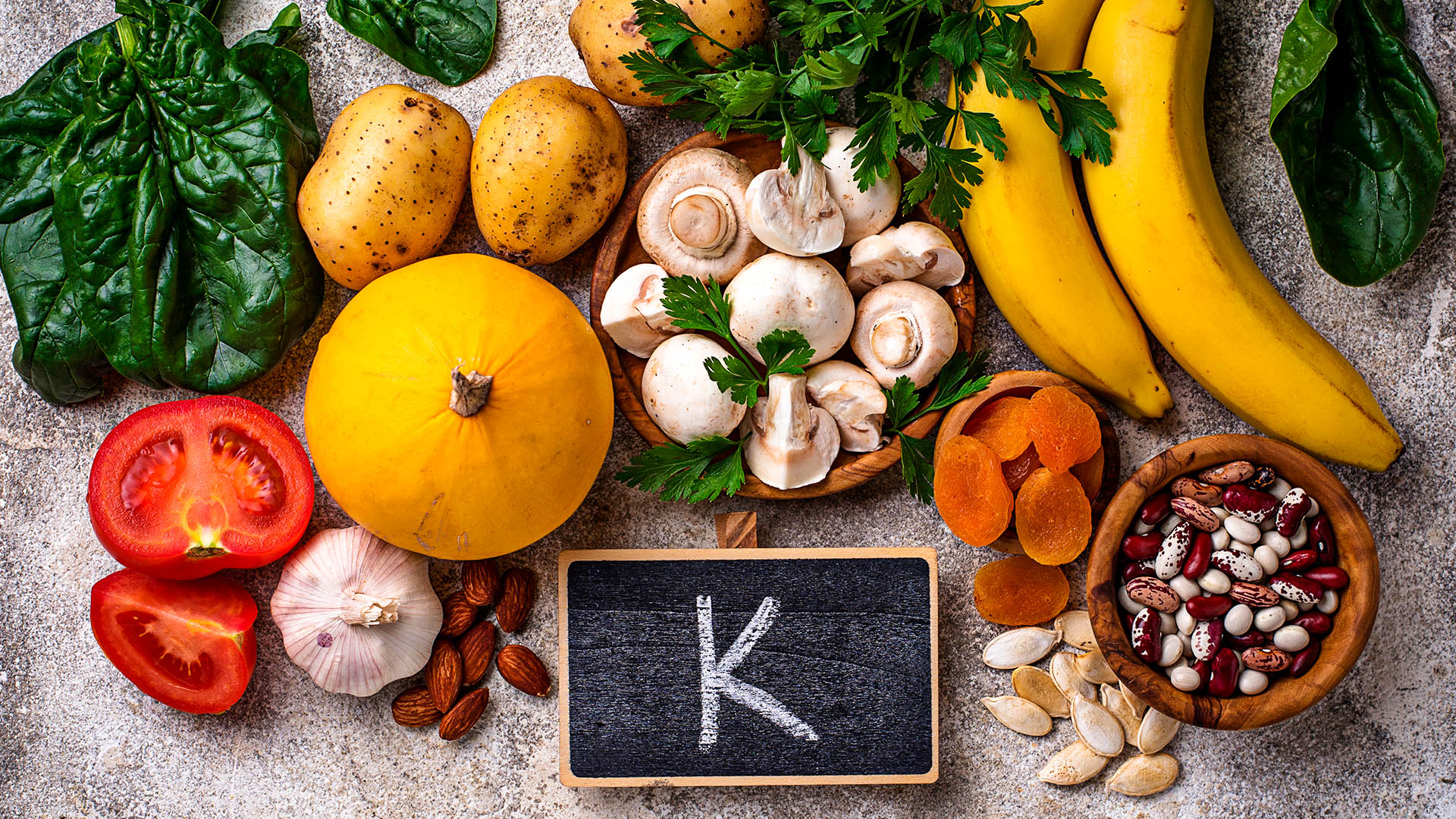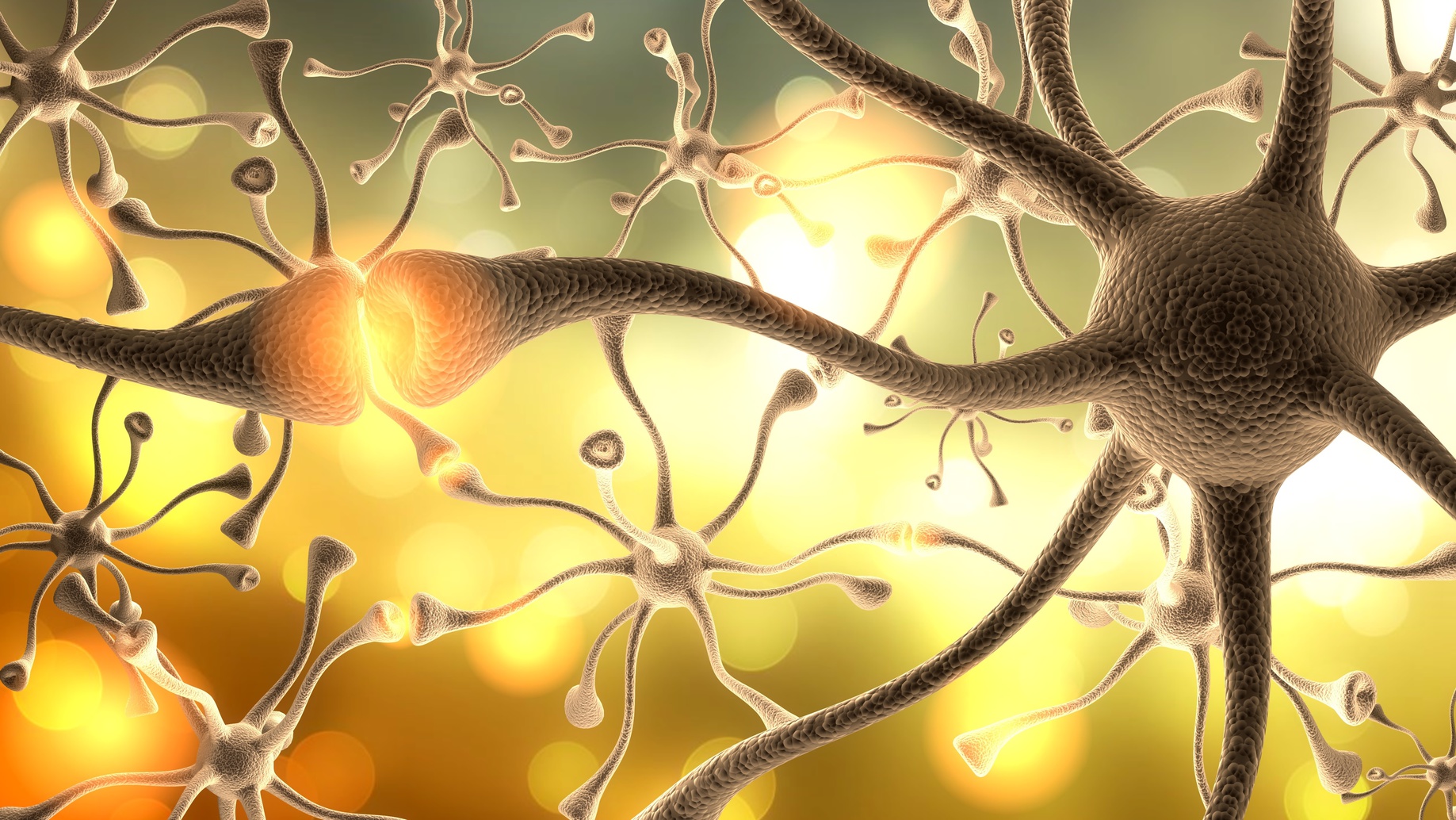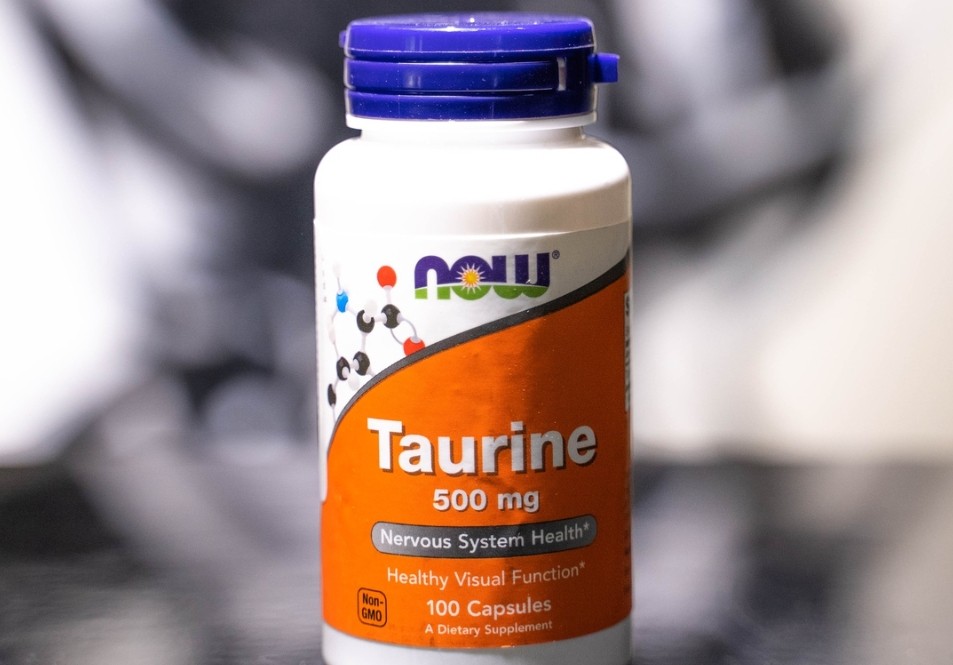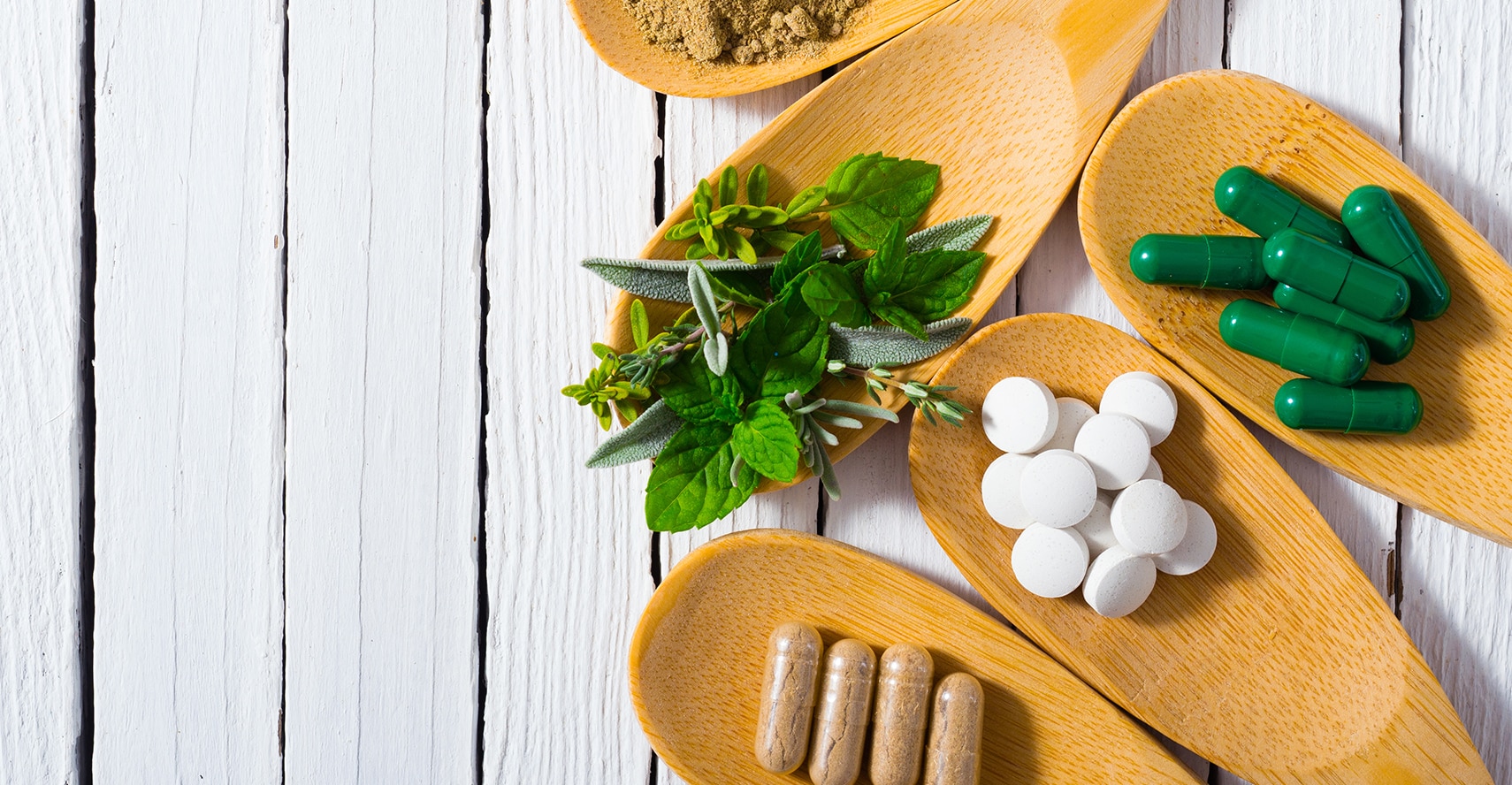Introduction:
The recommendation to drink eight glasses of water a day has been ingrained in popular health advice for decades. However, the origins and scientific basis of this recommendation have been subject to debate and scrutiny. This comprehensive guide aims to explore the truth behind the “8×8 rule” and provide a balanced perspective on the topic. By examining scientific research and expert opinions, we will delve into whether drinking eight glasses of water a day is a proven necessity or merely a myth.
Understanding Water Requirements:
Water is vital for our overall health and well-being. It helps regulate body temperature, aids digestion, transports nutrients, and flushes out waste products. The amount of water needed varies depending on various factors, including age, sex, activity level, climate, and overall health. While there is no one-size-fits-all answer, the 8×8 rule serves as a general guideline for daily water intake.
Origins of the 8×8 Rule:
The concept of consuming eight glasses of water per day can be traced back to a recommendation made in 1945 by the U.S. Food and Nutrition Board. However, it is essential to note that the recommendation did not specify that all fluid intake must come from water alone. The advice included all fluids, including water-rich foods and beverages like fruits, vegetables, soups, and teas.
Evaluating Scientific Evidence:
Numerous studies have examined the effects of hydration on health, but there is limited direct research specifically on the 8×8 rule. However, existing scientific literature suggests that individual water needs can be met through a combination of water intake from beverages and water-rich foods. Additionally, the human body has a sophisticated system for regulating water balance, and our thirst mechanism is generally effective at guiding us to drink when necessary.
Factors Affecting Water Needs:
As mentioned earlier, various factors influence an individual’s water requirements. Physical activity, climate, pregnancy, breastfeeding, and certain medical conditions may increase the need for additional water intake. It is crucial to listen to your body and adjust your fluid intake accordingly.
Debunking Common Myths:
a. “Eight glasses of water a day”: While the 8×8 rule is a useful guideline, it is not universally applicable. Our water needs are highly individual and can fluctuate based on several factors.
b. “Thirst means you’re already dehydrated”: Thirst is a reliable indicator that your body needs fluids, but it does not necessarily mean you are dehydrated. Promptly satisfying your thirst is generally sufficient to maintain proper hydration.
c. “Caffeinated beverages dehydrate you”: While caffeine does have mild diuretic effects, the overall fluid balance of caffeinated beverages is still positive. Moderate consumption of coffee and tea can contribute to your daily fluid intake.
Practical Tips for Staying Hydrated:
To ensure proper hydration throughout the day, consider the following tips:
a. Drink water when you are thirsty.
b. Carry a reusable water bottle with you to encourage regular sips.
c. Eat water-rich foods like fruits and vegetables.
d. Pay attention to urine color: pale yellow indicates adequate hydration.
e. Adjust your fluid intake based on physical activity, climate, and individual needs.
Exceptions and Cautionary Notes:
Certain medical conditions, such as kidney problems or heart failure, may require specific fluid restrictions. Additionally, excessive water intake, although rare, can lead to a condition called hyponatremia, which is characterized by low blood sodium levels. It is crucial to consult with a healthcare professional for personalized advice if you have any underlying health conditions.
Conclusion:
While the 8×8 rule has served as a popular guideline for daily water intake, it is not supported by robust scientific evidence. Water needs vary among individuals and can be met through a combination of beverages and water-rich foods. The most important aspect is to listen to your body’s signals of thirst and maintain a balanced approach to hydration. By understanding your own unique requirements and making informed choices, you can ensure adequate hydration and overall well-being.
- Does Butter Go Bad If You Don’t Refrigerate It? - July 11, 2023
- Drink 8 Glasses of Water a Day: Fact or Fiction? - July 11, 2023

